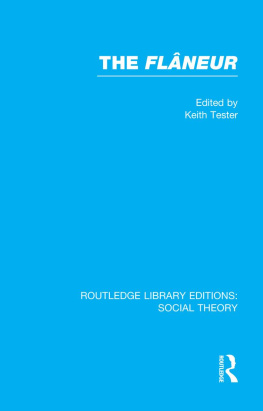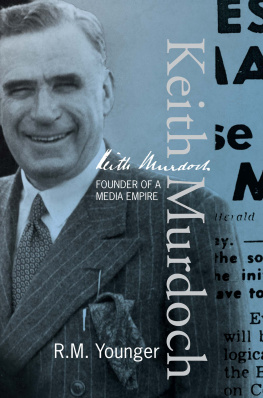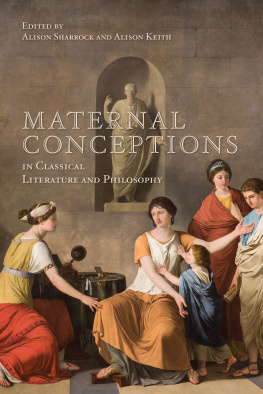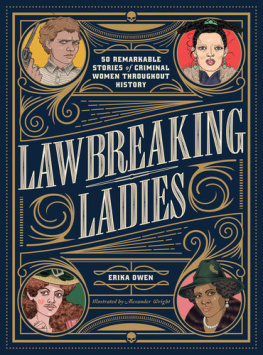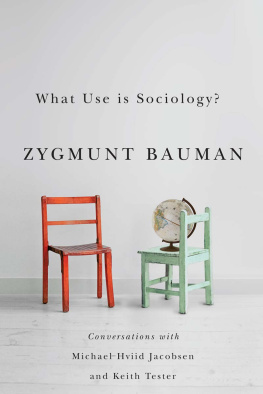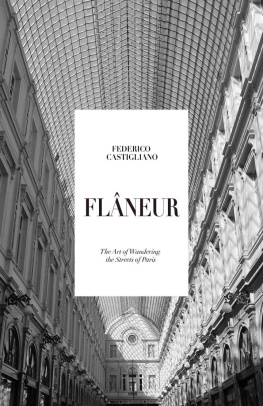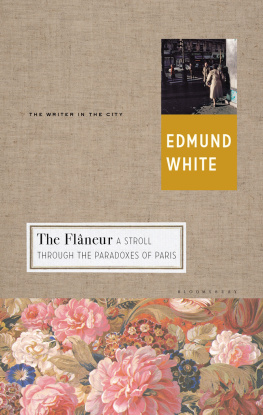ROUTLEDGE LIBRARY EDITIONS: SOCIAL THEORY
Volume 23
THE FLNEUR
THE FLNEUR
Edited by
KEITH TESTER
First published in 1994
This edition first published in 2015
by Routledge
2 Park Square, Milton Park, Abingdon, Oxon, OX14 4RN
and by Routledge
711 Third Avenue, New York, NY 10017
Routledge is an imprint of the Taylor & Francis Group, an informa business
Selection and editorial matter 1994 Keith Tester
Individual chapters 1994 the contributors
All rights reserved. No part of this book may be reprinted or reproduced or utilised in any form or by any electronic, mechanical, or other means, now known or hereafter invented, including photocopying and recording, or in any information storage or retrieval system, without permission in writing from the publishers.
Trademark notice: Product or corporate names may be trademarks or registered trademarks, and are used only for identification and explanation without intent to infringe.
British Library Cataloguing in Publication Data
A catalogue record for this book is available from the British Library
ISBN: 978-0-415-72731-0 (Set)
eISBN: 978-1-315-76997-4 (Set)
ISBN: 978-1-138-78228-0 (Volume 23)
eISBN: 978-1-315-76538-9 (Volume 23)
Publishers Note
The publisher has gone to great lengths to ensure the quality of this reprint but points out that some imperfections in the original copies may be apparent.
Disclaimer
The publisher has made every effort to trace copyright holders and would welcome correspondence from those they have been unable to trace.
The Flneur
Edited by Keith Tester
First published 1994
by Routledge
2 Park Square, Milton Park, Abingdon, Oxon, OX14 4RN
Simultaneously published in the USA and Canada
by Routledge
270 Madison Ave, New York NY 10016
Transferred to Digital Printing 2006
1994 Selection and editorial matter, Keith Tester. Copyright for individual chapters, the contributors.
Typeset in English Times by
Pat and Anne Murphy, Highcliffe-on-Sea, Dorset
All rights reserved. No part of this book may be reprinted or reproduced or utilized in any form or by any electronic, mechanical, or other means, now known or hereafter invented, including photocopying and recording, or in any information storage or retrieval system, without permission in writing from the publishers.
British Library Cataloguing in Publication Data
A catalogue record for this book is available from the British Library.
Library of Congress Cataloging in Publication Data has been applied for.
ISBN 0415089123
ISBN 0415089131 (pbk)
Publishers Note
The publisher has gone to great lengths to ensurethe quality of this reprint but points out that some imperfections in the original may be apparent
Contents
Keith Tester
Priscilla Parkhurst Ferguson
Bruce Mazlish
Rob Shields
David Frisby
Janet Wolff
Zygmunt Bauman
Barry Smart
Stefan Morawski
Keith Tester
my former ennui had returned and I felt its weight even more heavily than before; I doubted whether further attempts at sociability would ever relieve me of it. What I required was not exactly solitude, but the opportunity to roam around freely, meeting people when I wished and taking leave of them when I wished
(Grard de Nerval 1984)
Flnerie, the activity of strolling and looking which is carried out by the flneur, is a recurring motif in the literature, sociology and art of urban, and most especially of the metropolitan, existence. Originally, the figure of the flneur was tied to a specific time and place: Paris, the capital of the nineteenth century as it was conjured by Walter Benjamin in his analysis of Charles Baudelaire (Benjamin 1983). But the flneur has been allowed, or made, to take a number of walks away from the streets and arcades of nineteenth-century Paris. Not least, the figure and the activity appear regularly in the attempts of social and cultural commentators to get some grip on the nature and implications of the conditions of modernity and post-modernity. The flneur has walked into the pages of the commonplace. But despite this popularization, the precise meaning and significance of flnerie remains more than a little elusive.
The flneur of nineteenth-century Paris receives his most famous eulogy in the prose and poetry of Charles Baudelaire.2 Certainly, flnerie is one of the main narrative devices of the Paris Spleen collection of 1869 and thus Baudelaire provides an insight into exactly what it is that the flneur does. Baudelaire achieves this in part by calling forth a poetic and a poets vision of the public places and spaces of Paris. For Baudelaire, there is no doubt that the poet is the man (and Baudelaire is quite explicit about the gender identity of the poet; much, if not indeed all, of Baudelaires work presupposes a masculine narrator or observer) who can reap aesthetic meaning and an individual kind of existential security from the spectacle of the teeming crowds the visible public of the metropolitan environment of the city of Paris. As Baudelaire said in his best known depiction of the flneur, the essay The Painter of Modern Life (which was first published in 1863): The crowd is his domain, just as the air is the birds, and water that of the fish. His passion and his profession is to merge with the crowd (Baudelaire 1972: 399).
The poet is the man for whom metropolitan spaces are the landscape of art and existence. For him, the private world of domestic life is dull and possibly even a cause for the feelings of crisis which Sartre was later to call nausea. Without entry into the spectacle of the public, existence can only be wanting in something of fundamental importance. The private sphere is the home of an existence devoid of an almost orgiastic pleasure: The man who loves to lose himself in a crowd enjoys feverish delights that the egoist locked up in himself as in a box, and the slothful man like a mollusk in his shell, will be eternally deprived of (Baudelaire 1970: 20). It might well be worth reading this passage alongside Emile Durkheims later, and allegedly more scientifically sociological, discussion of the importance of men getting out of the little boxes of their own minds and private worlds (Durkheim 1957, 1960).
Baudelaires poet is a man who is driven out of the private and into the public by his own search for meaning. He is the man who is only at home existentially when he is not at home physically. To quote The Painter of Modern Life again (it might be speculated that this essay is something like the methodological preamble to Paris Spleen): For the perfect idler, for the passionate observer it becomes an immense source of enjoyment to establish his dwelling in the throng, in the ebb and flow, the bustle, the fleeting and the infinite (Baudelaire 1972: 399). The passage continues to stress the involvement of the poet in the public domain (and therefore, by implication Baudelaire hints at the challenges to the poet and to poetry which a private existence would mean). Baudelaire reveals the tense and fluctuating relationship between the poet and his participation in the public life of the city. The poet (and to be a poet is the real truth of the idler and the observer; the poetry is the reason and the justification of the idling; the poet is possibly at his busiest when he seems to be at his laziest) is possessed by a special and defining ability. The poet is able To be away from home and yet to feel at home anywhere, to be at the very centre of the world, and yet to be unseen of the world (Baudelaire 1972: 400).



